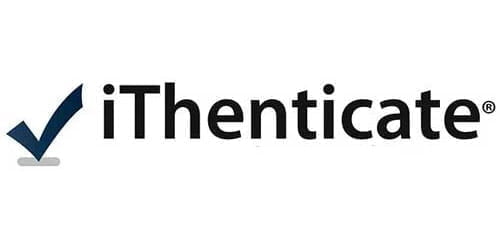Lateef Wale Adeyemo; Abdullateef Abubakar Siddiq, Muhammad Aunurra’him Masa’ad, Ahmad Zaki Saleh
The growth and development of Islamic Banking and Finance in Nigeria depends on the courts in which its dispute resolutions are anchored. The court for Islamic banking and finance dispute resolution and its practitioners must be knowledgeable and versed in Islamic finance law. Despite this, those who are trained in common law, either as judges or advocates, continue to weigh a considerable influence in matters that border on Islamic banking and finance dispute resolution. As such the judges and advocates enjoyed the constitutional backing. However, the situation is affecting the disputes resolution on Islamic finance and the growth of Islamic finance in Nigeria. In order to solve this peculiar problem, this paper analyzes how the common law trained judges and lawyers have and may have considerable influence in the resolution of
Islamic banking and finance disputes in the country. This more so emphasizes that dispute is inevitable in any human endeavors. However, Islamic finance dispute should be resolved by those who have knowledge on Shariah and versed in Islamic finance. It is recommended that those judges and lawyers that have Shariah and Islamic finance law knowledge should be considered to hear and determine any matters associated with Islamic banking and finance in Nigeria. However, if applied, it will assist the growth and development of the dispute resolution sector in the court of law. At the same time it will assist the growth and development of Islamic finance in Nigeria.
[ FULL TEXT PDF 1-10] DOI: 10.30566/ijo-bs/2018.282









